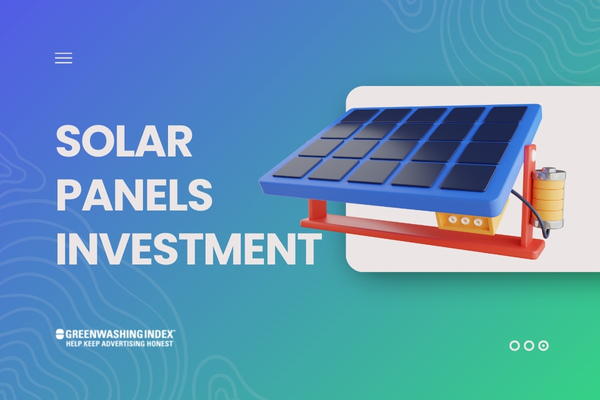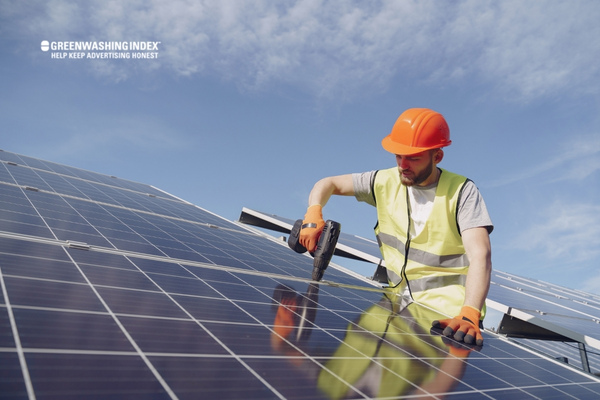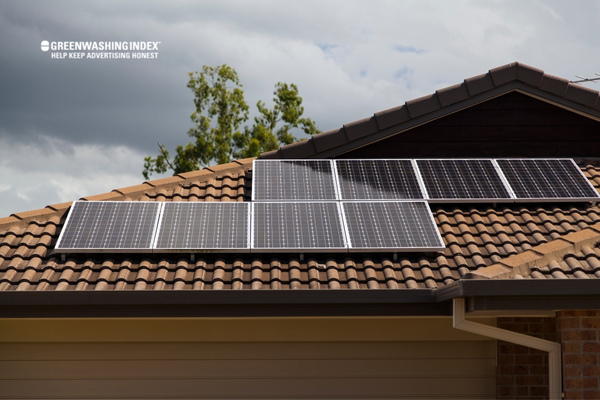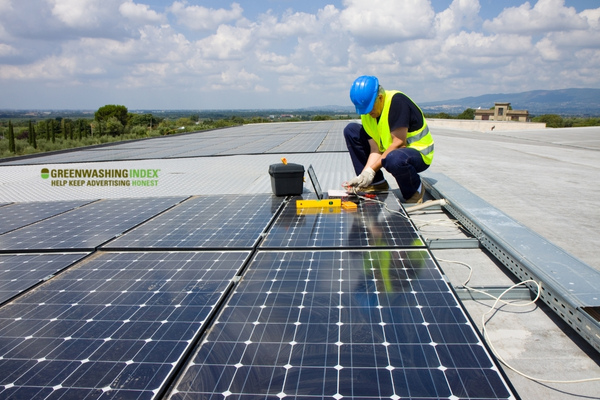

When it comes to powering up our homes, “solar panels” is a term we’re hearing more and more often these days. But let’s cut through the buzz – are they really the groundbreaking solution for slashing those hefty electricity bills and saving our planet? If you’ve ever stared at your rising power costs or grimaced over news of another fossil fuel mishap, then stick around. You’re not alone in wondering if harnessing that big ball of fire in the sky might just be smarter than digging into Earth’s crust.
So, I’ve heard you asking: Are solar panels actually worth it? Well folks, as an electrical engineer who has seen this industry evolve firsthand, here’s my scoop on why solar energy assessment becomes a game-changer for many.
Yes indeed – under the right conditions such as a sunny location with proper incentives thrown into the mix – making that shift towards sustainable electricity generation can pay off both financially and environmentally.
What You’ll Discover Here
Solar panels are at the forefront of renewable energy solutions, changing the way we think about and use power. As an electrical engineer, I’ve seen firsthand what goes into producing electricity from these nifty devices, and let me tell you—the science behind it is as fascinating as it is vital for our shift toward sustainability.

But before delving deep into their worthiness (which I’ve plenty to say), let’s break down how they actually work and explore the different types available in today’s market.
You might have seen those shiny blue or black solar panels perched on rooftops or sprawling over acres of land, silently capturing sunlight day after day. Their job? To convert that sunlight directly into electricity—no smokestacks or spinning turbines in sight.
The beauty lies not just in its simplicity but also in transparency—you can practically see through each step where clean energy has substituted traditional sources without any emissions once installed.
So now that we understand basically “how”, another important question creeps up – “What kind?” Believe me when I say not all sunny-side gadgets were created equal:
Remember though my friends—we aren’t shopping for veggies here where freshness sways decisions meter most time think investment something last decades pay itself many times over words weighing pros and cons closely smart move especially larger purchases such life infrastructure level arrangements!?
As an electrical engineer, I’ve often pondered the real value of solar panels. With my technical background and firsthand experience in the energy sector, I can peel back layers of data to unearth some truths about this clean energy source. Let’s get into it.
Breaking down whether solar panels are a smart investment is not just about looking at sticker prices versus monthly utility bills—it’s a complex equation that spans years.
Initial Installation Expenses:
Long-Term Financial Benefits:
Holistic Calculations Include:
Savings don’t happen overnight; they accumulate slowly as reduced utility payments make up for upfront fees until break-even points are hit—and then it begins paying back!
Speaking from an engineering viewpoint, let’s discuss how harnessing sunlight tilts scales toward self-reliance:
Grid Reliance Reduction:
Imagine knocking sizeable chunks off dependence on unpredictable grid supplies—with enough capacity even surplus could be sold back!
Renewable Pathway Outlines:
Inherent Stability Offerings:
1) Fixed Production Cost (sunlight is free)
2) Battery Integration Possibilities (store excess daytime energy for night use)
It instills resilience against not only rising traditional power costs but also dips in availability due to extreme weather conditions or infrastructure failings—suddenly those rolling blackouts aren’t your problem anymore.
Before leaping into the realm of solar energy, there’s more to mull over than just the appealing prospect of energy savings. It’s essential to consider a myriad of aspects that could make or break your solar panel experience.

When it comes to harnessing solar power, where you live plays a pivotal role. Here’s what you need to know:
All things considered:
Installing solar panels isn’t merely about mounting shiny objects on top of roofs—it requires due diligence on whether a property is structurally sound enough:
Beyond roofs:
Hiring structural engineers alongside certified electricians is always prudent—they’ll flag necessary adaptations well before any installation commences.
Keep this notion tucked away—the cost-effectiveness puzzle includes various incentives designed specifically to make green choices easier on wallets!
Key factors hinging around incentives include:
Arm yourself :
Align expectations realistically by amplifying the knowledge palette concerning these logistical concerns–it primes decision-making approaches considerably!
Among the myriad of conversations and debates about sustainability in electricity generation, incorporating solar panels has been at the forefront. It’s one thing to hear an expert talk in abstract terms about theory and technology, but I’ve found that real tales from actual homeowners paint a far more vibrant picture.

To really dive into whether solar energy is worth the investment, let’s look closely at some case studies where homeowners took the plunge into harnessing power from our nearest star:
These snapshots represent only two instances among thousands across America where families have embarked on journeys towards sustainable living through the adoption of solar panels.
While these stories share positive outcomes overall — significant energy bill reductions accompanied by reduced carbon footprints — they also underscore recurring points worthy of consideration before installing your own system:
There are undeniable intricacies linked directly back not just toward technology itself—but also relating profoundly to individual circumstances surrounding use cases per household too! Decisions shouldn’t be taken lightly because impacts run deeper than mere aesthetics; we’re talking financial forecasting alongside enduring lifestyle alterations here!
So take heart if you find yourself intrigued: numerous folks trailblazing ahead prove daily that quality-of-life improvements facilitated through smart integration are possible—and perhaps most importantly—they’re proving effective right now today amidst communities nationwide!
Most residential solar panel systems can last between 25 to 30 years, though some might keep on chugging well beyond that with decreased efficiency.
Solar panels are pretty low-maintenance. Keep ’em clean and check for damage occasionally, especially after any mean old storms roll through.
Absolutely. Adding a renewable energy source like solar power usually bumps up your home’s market value and attractiveness to eco-conscious buyers.
Solar panels are certainly more than a buzzword in today’s energy dialogue; they’re a tangible investment toward personal energy independence and environmental stewardship. As an electrical engineer, I see the value beyond the initial sticker shock of installation costs. Analyzing long-term savings on electricity bills and considering government incentives make solar power increasingly accessible and financially viable for many homeowners.
Factoring in sustainability goals, like reducing one’s carbon footprint, is also crucial. It’s clear that integrating solar panels into one’s home isn’t only about immediate benefits – it’s about contributing to a grander vision of clean electricity generation for future generations.
The idea that we as individuals can participate directly in energy production revolutionizes how we think about our relationship with power consumption. With this perspective shift at heart, weighing out pros against cons indicates solar might just be worth soaking up.
